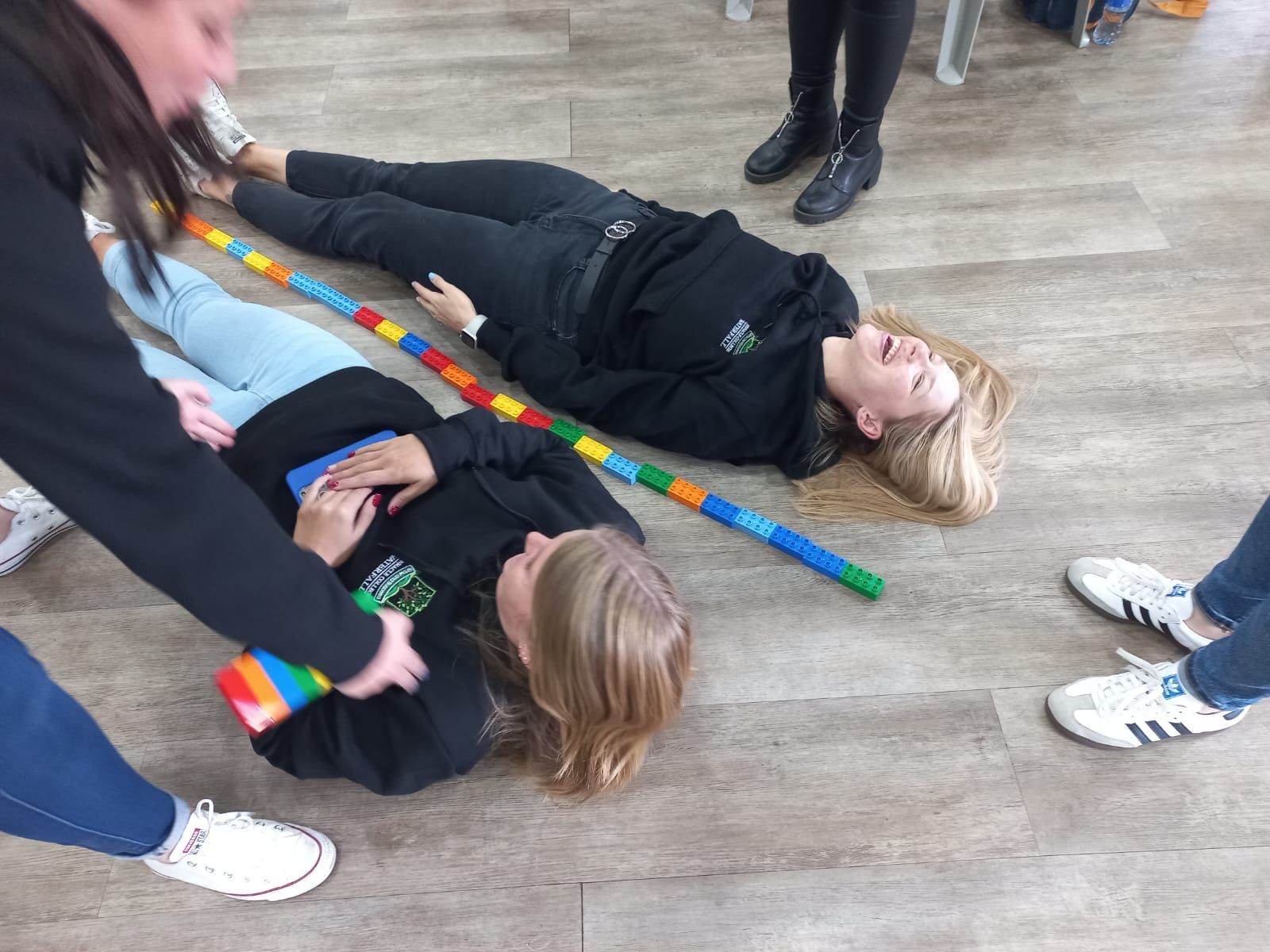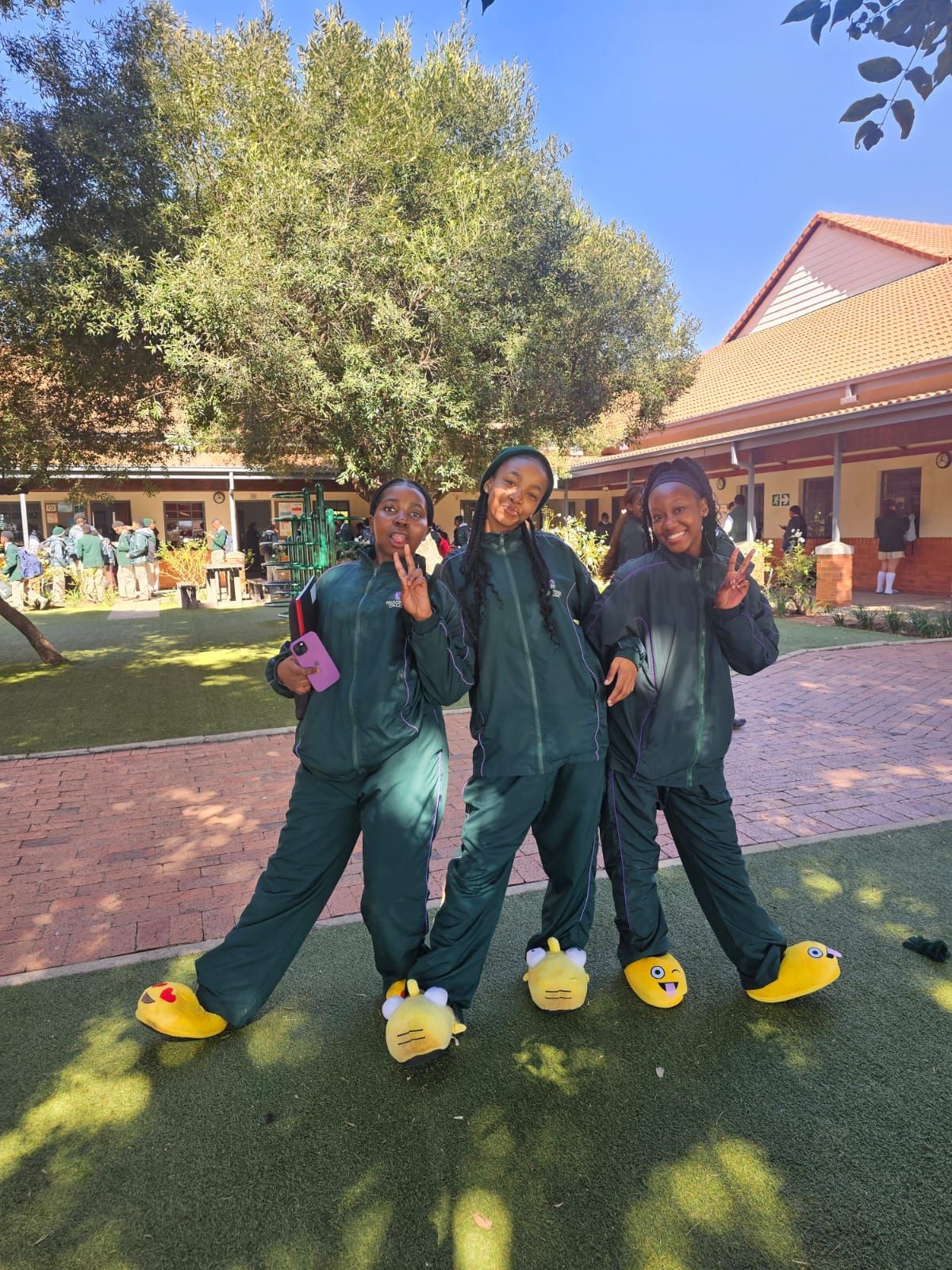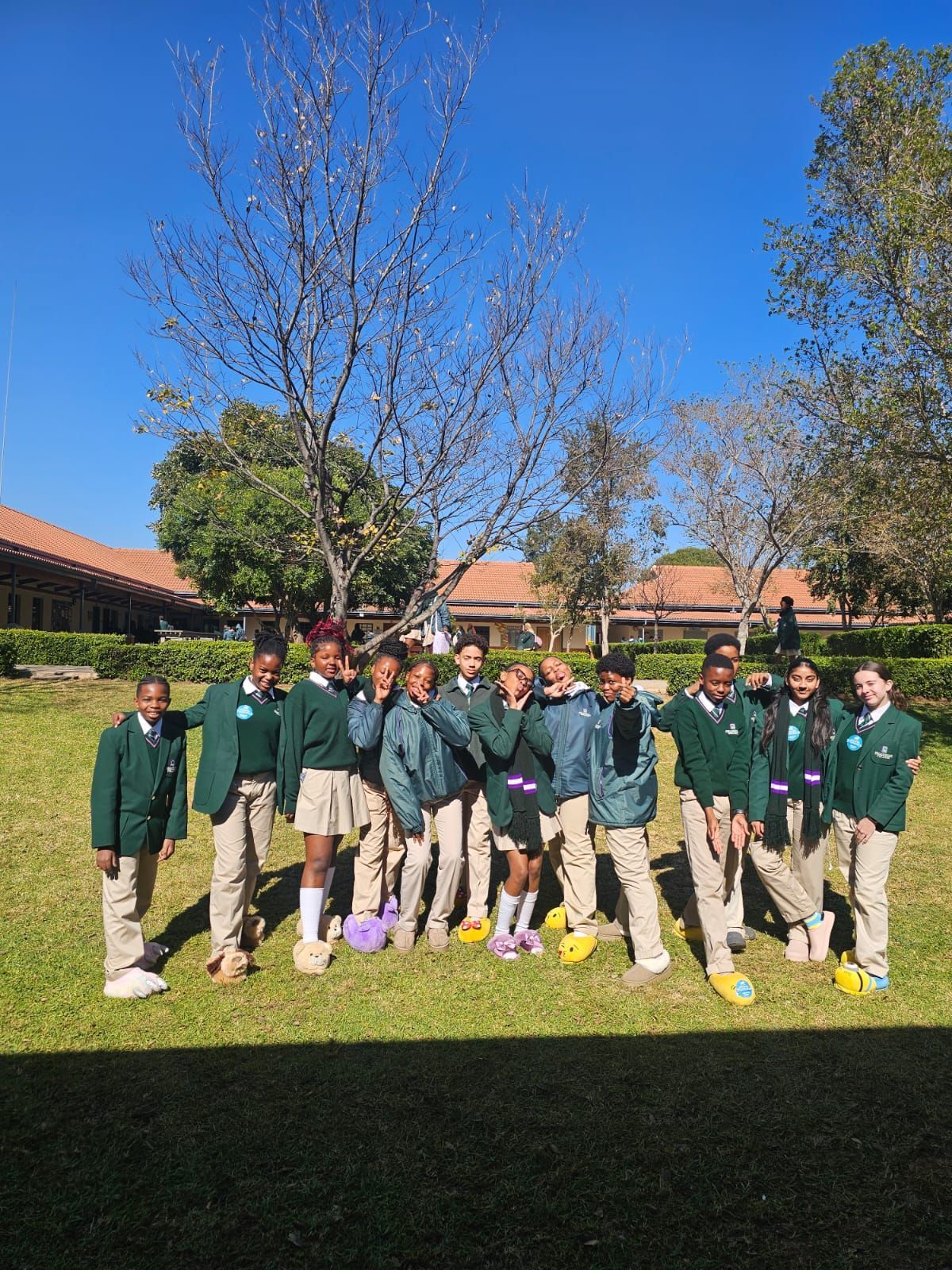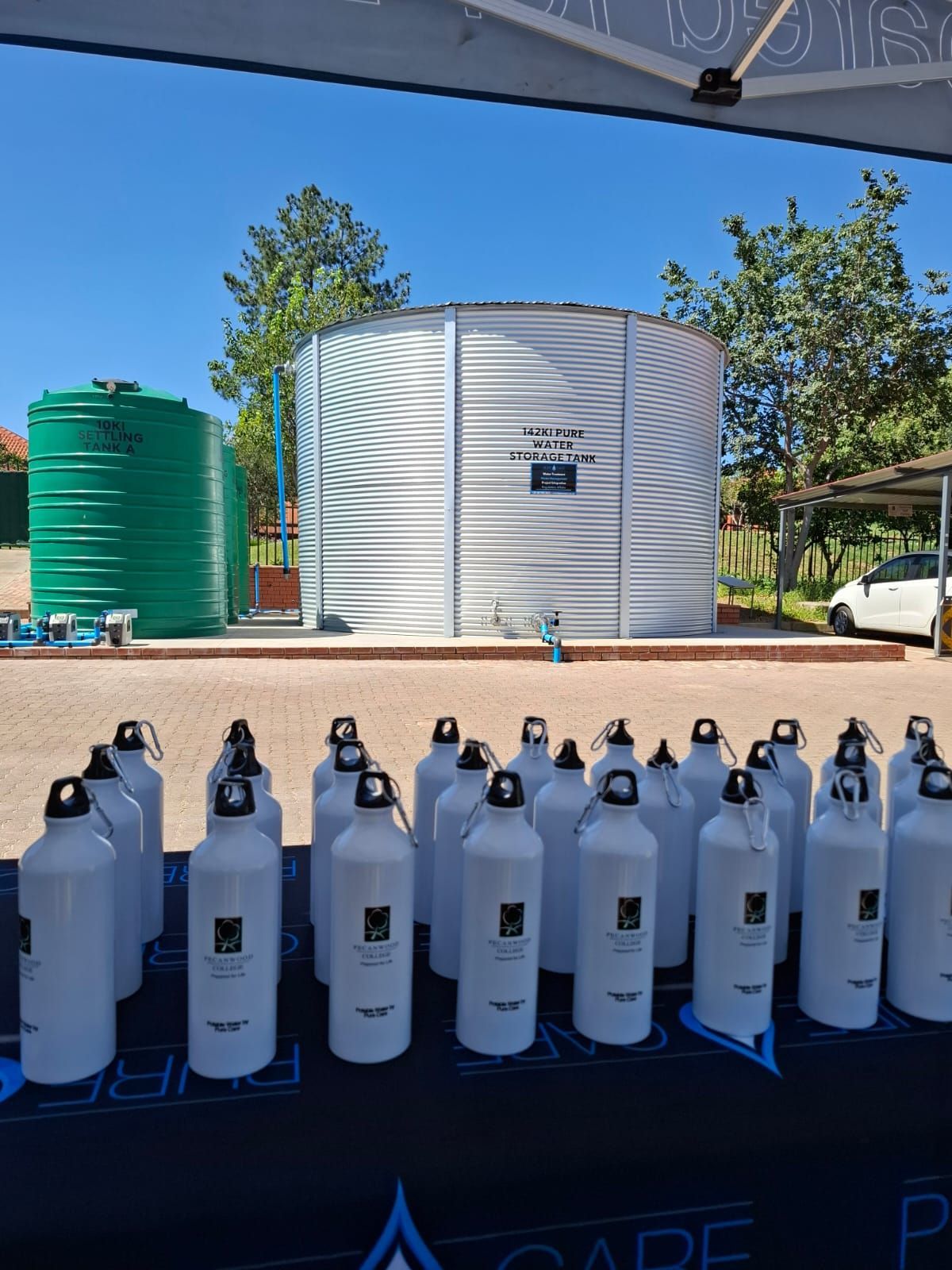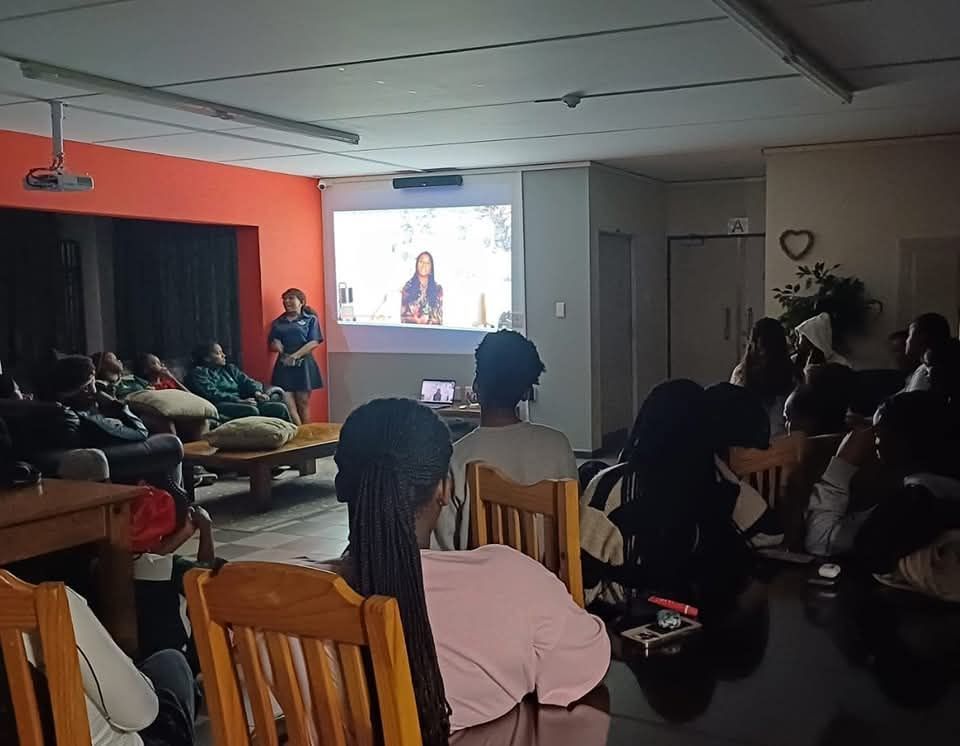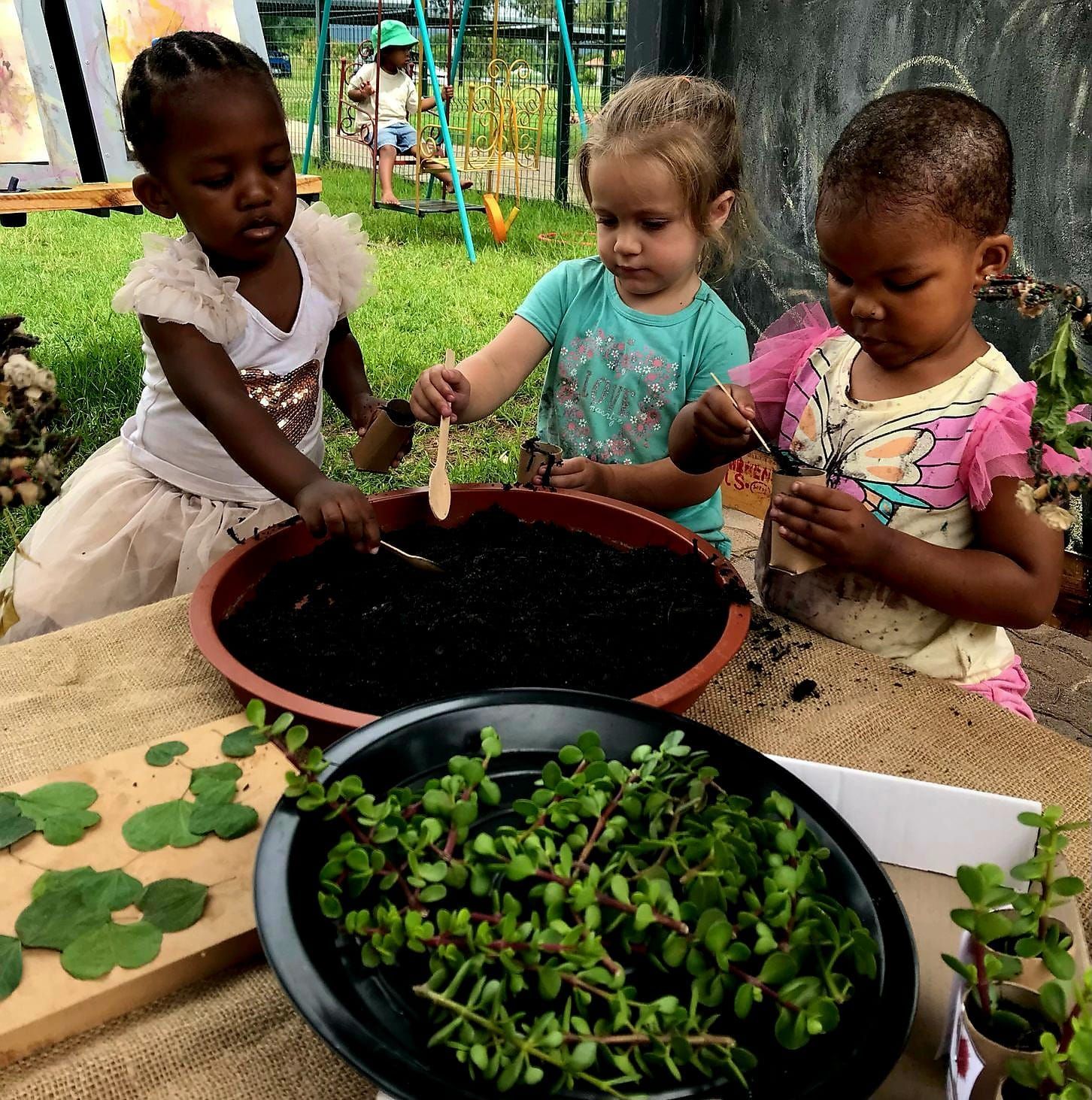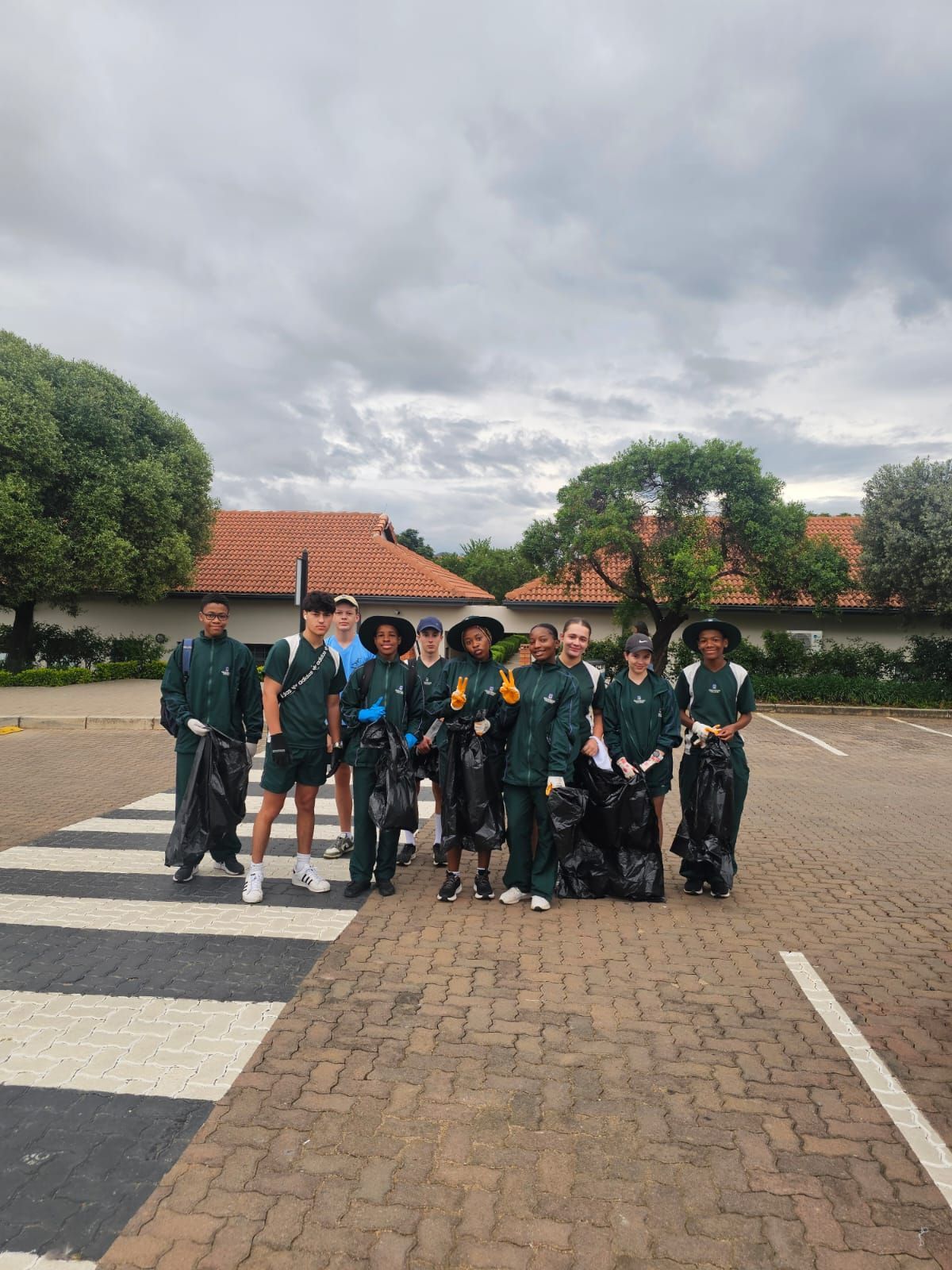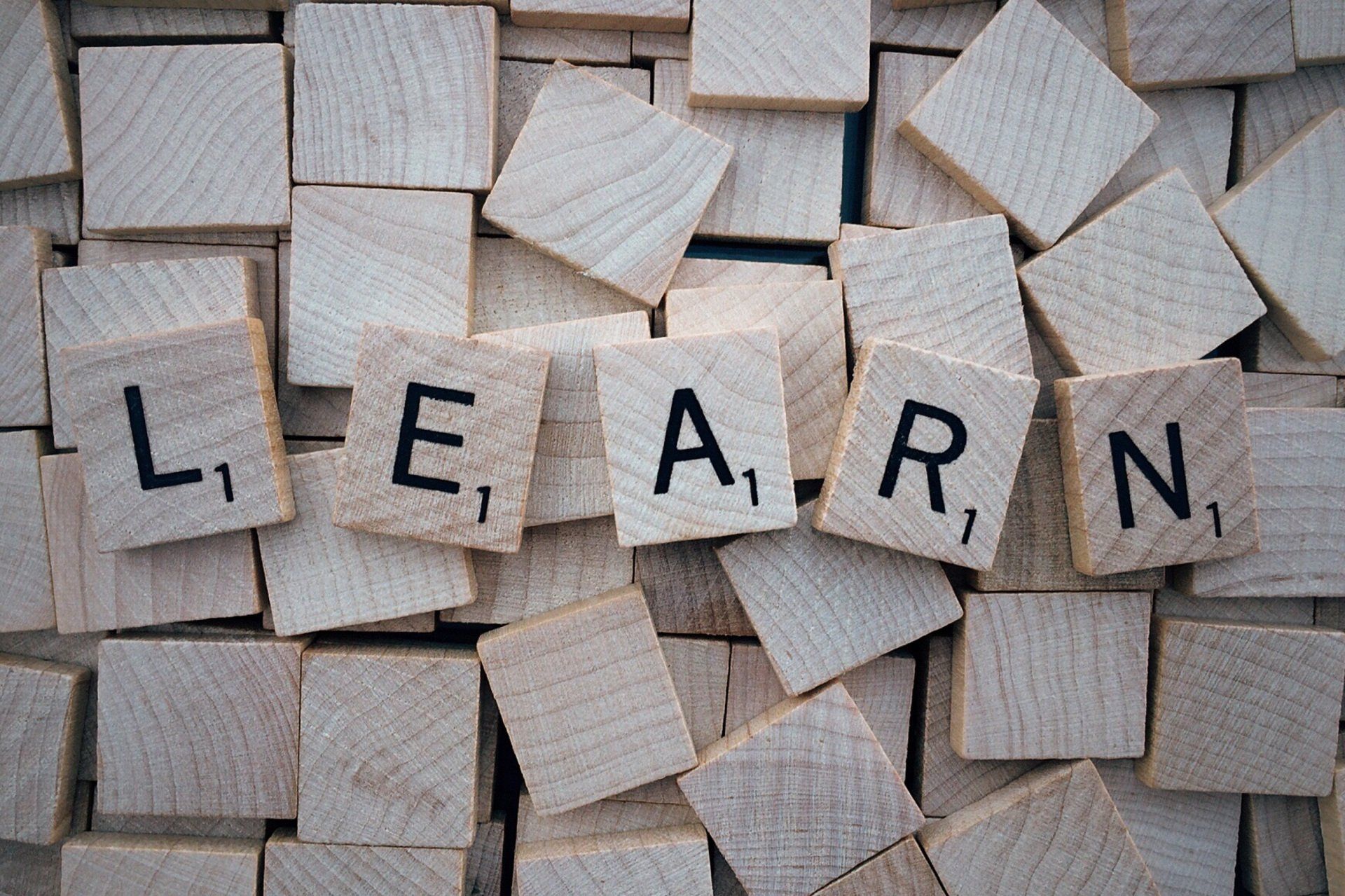Sensory Creative Writing
When we are babies, we learn through our senses. We hear our parents and siblings’ voices. We feel the loving touch of our caregivers and all the people who love us. We taste different liquids and foods and we learn what we like and do not like. Our whole world is made up of sensory stimulation.
As we become toddlers our sense of adventure and curiosity grows, and we are in awe of the world around us. We play in a pile of leaves and hear the crunching sound that they make. We stomp in puddles and run in the rain. We roll in freshly cut grass and find pleasure in the sight of beetles, earthworms, puppies and so forth. Everything we do and learn is made possible by using our senses to make sense of the environment that we find ourselves in.
Unfortunately, as we get older, we tend to lose the excitement, the wonder, the awe of the ordinary around us. Children as young as 9 have forgotten what it is like to ride their bicycles with the wind blowing through their hair or find the perfect beauty in the delicate wings of a butterfly. I do not know about you, but I find this incredibly sad. Children are cooped up in their homes, on devices or gaming their afternoons away, and as they do this, so they lose their sense of enjoyment in the little things and their childhood gently slips away.
The impact of the technological world that we live in is evident in the creative writing genres that the children are submitting in class. They have a limited imagination, as they are no longer encouraged to escape to another world in the pages of a great book. Their vocabulary is lacking, and they do not have the words necessary to describe a setting. They have forgotten to experience their environment through their senses, as the only sense they utilise regularly is sight.
A sensory writing lesson is designed to allow children to experience for themselves on a sensory level. We, as teachers, cannot expect children to submit a creative writing piece if they have not had the experiential learning to help them. If we ask children to write about ‘A day at the beach,’ would all children have experienced a day at the beach? Is it fair to expect them to write about it, if they have not? This is where sensory lessons are so important. Sand for the children to feel and squish between their toes, layers of suntan lotion, ice-cream, bathing suits, tanning, the sound of the waves crashing on the shore; these are all sensory items that a teacher might provide so that every child can describe a day at the beach and achieve success.
If we want our children to continue to find enjoyment in the ordinary, then as adults, we must do the same. Allow children the pleasure of experiencing everyday tasks using their senses. Let them run in the rain, play in the mud, smell freshly baked muffins, jump in a pile of raked up leaves, eat ice-cream from the tub, find wonder in a rainbow, get sticky, get dirty and live for the pure enjoyment of using their senses. While we are letting our children do this, why not join them? It would make for a lot of laughs and some beautiful memories.
Your child will reap the rewards by remembering how to use their senses whilst writing and getting lost in between the pages of a wonderful book, where pirates, sea creatures, aliens, space invaders, princesses, dragon slayers, little freckle-faced boys, doddering grandpas, evil villains and the like are the order of the day. Talk to your child and build their vocabulary by using descriptive language and idiomatic phrases. Use ‘big’ words like balmy and sultry, instead of hot. In class, we tell them that ‘said’ is dead. ‘Said’ is such a mundane word and there is a wide range of words that they can use in its place like chortled, whispered, bellowed, suggested etc. Encourage them to talk about their feelings; how they felt when they were tired, thirsty, angry, safe and what it feels like to be loved and part of a family.
Sensory writing lessons are such rich learning settings for the children, and we hope to be providing many in the future that will help your child achieve a small measure of success when writing.
Remember that these are the ‘special times’ and that our children deserve to see the world through their eyes and not ours!
Written by Caroline Correia
Preparatory Head of Academics



